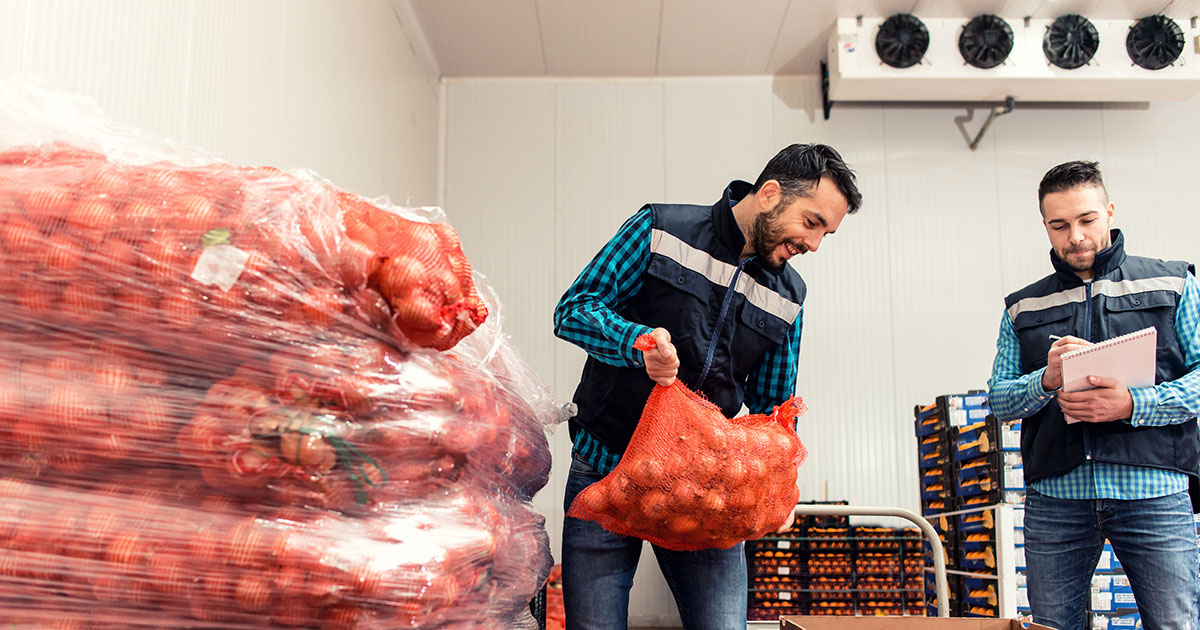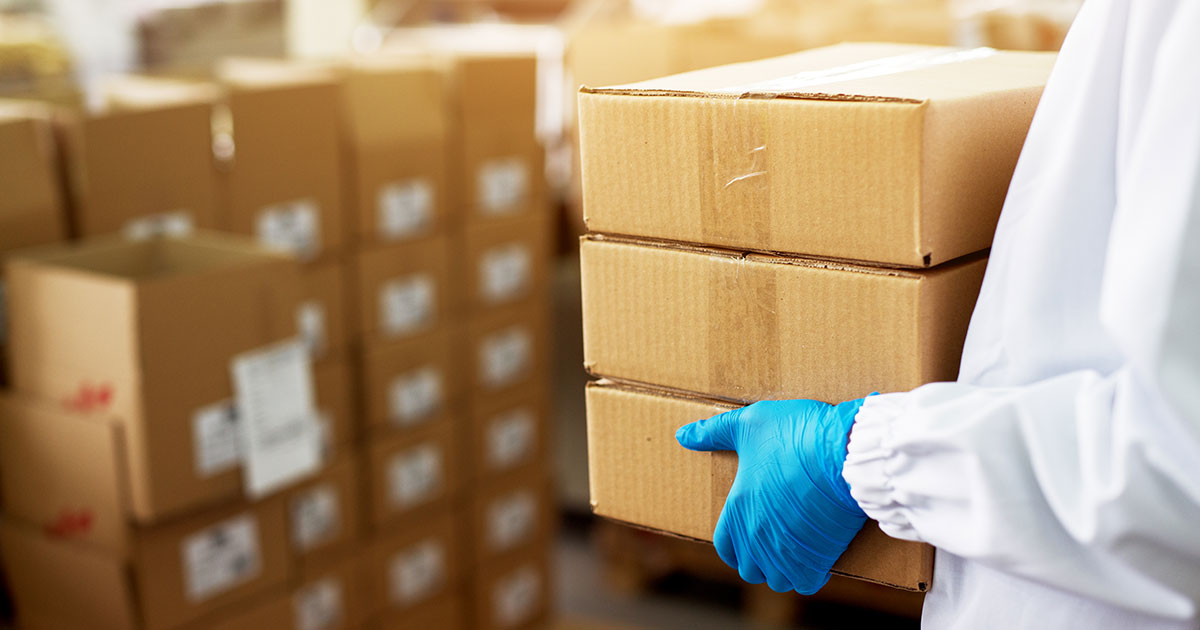Food waste is a global issue that needs a proactive approach from both consumers and businesses to help combat the scale of the problem. Research shows that about one-third of all food produced worldwide goes to waste.
There are numerous reasons why food is wasted, but in this case, we’re going to look at some top tips to help reduce waste when goods are stored in cold storage. It’s proper food storage practices that help maintain food safety standards and contribute to food waste reduction.
Reducing your levels of waste can have a considerable impact on your turnover. By looking after your products and storing them correctly, you can help extend the life and freshness of the product, meaning they will be suitable for sale or consumption for longer.
Take, for instance, a restaurant; high levels of food waste directly affect profit. However, produce and ingredients often are discarded before reaching the customer. Improper storage causes food to spoil significantly faster, so ensuring best practice when storing goods can increase the yield and profitability of your stored products.
5 Tips to address your food risks

Handling
It’s crucial that foods are handled with care to ensure safety and quality. When thawing or freezing, it’s essential to follow best practice guidelines to retain the quality of the ingredients and reduce the risk of harmful bacterial growth that can occur in foods at certain temperatures. For freezing, speed is of the essence; the faster foods are frozen, the greater the reduction in risk of contamination. Our range of CRS Blast Freezers is the ideal solution to help ensure large quantities of food are quickly and efficiently frozen.
If you’re thawing large quantities of goods, then reduce the risk with our CRS Quick Thaw Units. This unit offers controlled defrosting and thawing of produce, reducing the drip-loss and resulting in a higher yield and a higher quality product.

Arrangement
Correct arrangement of your cold storage unit can often be overlooked; however, this is a crucial element to help reduce waste. With many factors to consider including food groups, dates and temperatures, as well as appropriate access, it can be a bit of a minefield.
Choosing the correct cold storage unit for your needs is essential. CRS boasts a range of cold storage solutions from 10ft to 45ft with pallet capacities from 3 to 75. If you’re looking to increase your cold storage holding, then give us a call, and one of our cold storage experts will be happy to help.
Temperatures
Close attention must be paid to storage temperatures as storing goods at the wrong temperature can drastically affect quality, causing them to spoil faster or become unsafe for consumption.
Once you have the correct temperature for your stored goods, it is often sensible to monitor the temperature inside the unit for fluctuations that could cause the goods to spoil. CRS offer a range of remote monitoring systems that can aid this process by providing real-time feedback should an issue arise.
Spoilage
Once foods are frozen, they are safe, right? Wrong! Freezing goods doesn’t mean they will be suitable for use as long as they are kept frozen. Produce has set durations that they can be frozen to ensure safety and quality once thawed. It is vital to adhere to these durations and rotate your stock effectively.
Managing spoilage with perishable foods takes a more proactive approach. Goods should be managed and regularly checked to ensure quality.
Cleaning
It goes without saying that keeping your cold store clean and tidy will not only improve the safety and quality of stored goods, but it will also help improve the efficiency and safety of your workers.
CRS cold storage units offer fantastic features in order to keep the unit clean and tidy. Many of our cold stores offer specialist racking options to ensure foods are kept off the floors and also allow for cooked foods to be stored above raw meats. Our range of cold stores offers stainless steel interiors, making them extremely easy to clean and keep well maintained.
Food Waste
Food waste is a global issue, and it’s not going to go away until we all take a more proactive approach to ensuring foods are stored to retain freshness and quality and are used before they spoil. Following these top tips will help you on your way to contributing to the cause. But all businesses, especially those in the food service industry should be taking a closer look at how their produce is managed to help improve their efficiency and profit margins, but also for the sake of the environment.
If you're looking for some more advice on how to improve efficiency in your cold storage, then our blog is an excellent resource. If you're ready to discuss a more efficient cold storage solution, then reach out to our team of cold storage experts who can advise on a solutions to meet your requirement.













